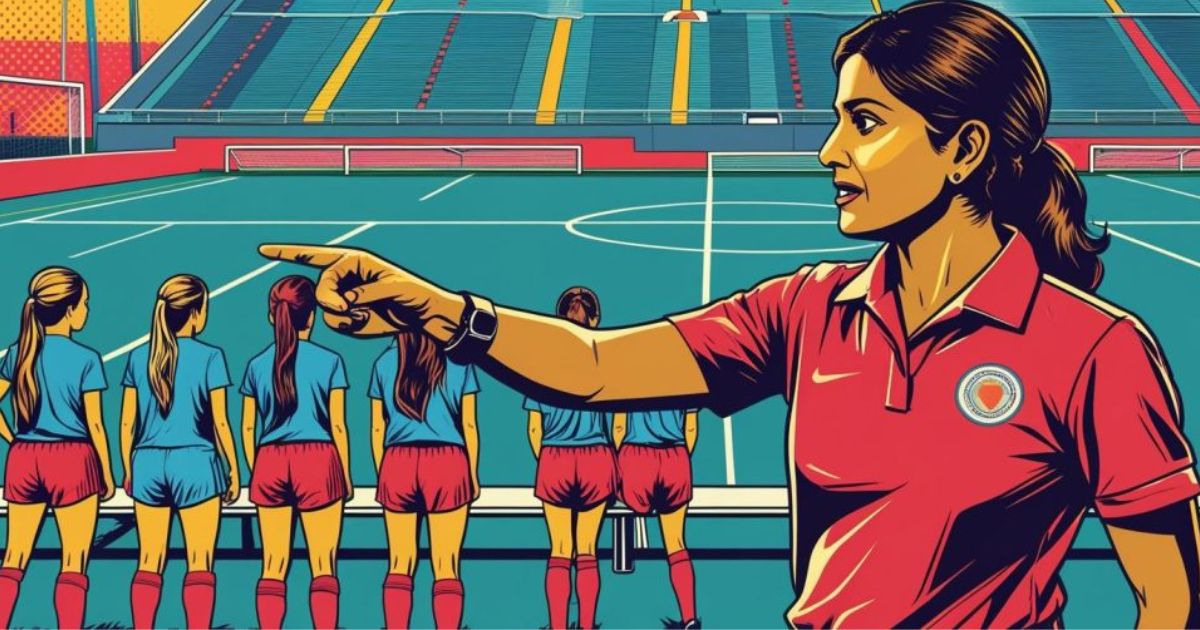
The Cogliandro Case and the Need for New Sports Regulations: A Lesson from Football
Article written by Carlo Rombolà
Recent sports news tells the story of volleyball player Asja Cogliandro, who was reportedly dismissed from her team, Black Angels Perugia Volley—competing in Italy’s Serie A1—after informing them she was pregnant.
The athlete decided to share her story with journalists from La Stampa, prompting a prompt and firm denial from the club, which called her account “specious and unfounded.”In Cogliandro’s defense, alongside public opinion, came the Italian Women’s Volleyball League. Its president, Mauro Fabris, stated: “Maternity has always been welcome and protected in Serie A. This should not have happened; we will now investigate why it did.” Following Cogliandro’s revelations, the Umbrian club risks severe penalties, pending, of course, a proper sports trial. Yet we don’t need to wait for the verdict to make some early observations about what is clearly a major issue: the lack of sports regulations protecting pregnant athletes. As is the case in volleyball, women have no tools to assert their rights and must rely on a system that may act fairly—but is under no obligation to do so.
Otherwise, female athletes are left with the unpleasant choice between pursuing a career or becoming a mother. What is sports law doing to address such a situation? Very little, to be honest—aside from a few commendable exceptions, like the protections now in place for female footballers. For instance, if a club conditions the signing of a performance contract on a negative pregnancy test or unilaterally terminates a contract because of a pregnancy, that contract is deemed to be unjustly terminated.
Since 2021, professional female players have benefited from specific maternity protections, including a minimum 14-week leave (at least 8 weeks post-partum) and the guarantee of two-thirds of their salary. Under the FIFA Regulations on the Status and Transfer of Players—the legal framework for the international status and transfers of male and female professional footballers—there are also rules mandating psychological support for pregnant players, as well as the right not to train during menstruation. In terms of parental rights, these protections have been extended to adoption cases (to avoid discouraging the practice), and to the non-pregnant mother in same-sex couples, who is entitled to leave to support her partner or simply to enjoy the early moments of parenthood without work-related obligations.
These latest provisions, introduced in 2024, round out a system of legal and sports protections for female athletes that would have been almost unthinkable just a few years ago. However, it’s no coincidence that such rules apply only to professional athletes.
This is, in fact, the heart of the matter: the system of protections remains very inadequate for amateur women’s sports—which make up the vast majority. The Cogliandro case touches a raw nerve and, regardless of how this particular story ends, it wakes the sports world from a shameful slumber concerning the rights of women athletes and, more broadly, the conditions in amateur sports. It’s up to the experts to spark the debate, and to politicians to take action.



